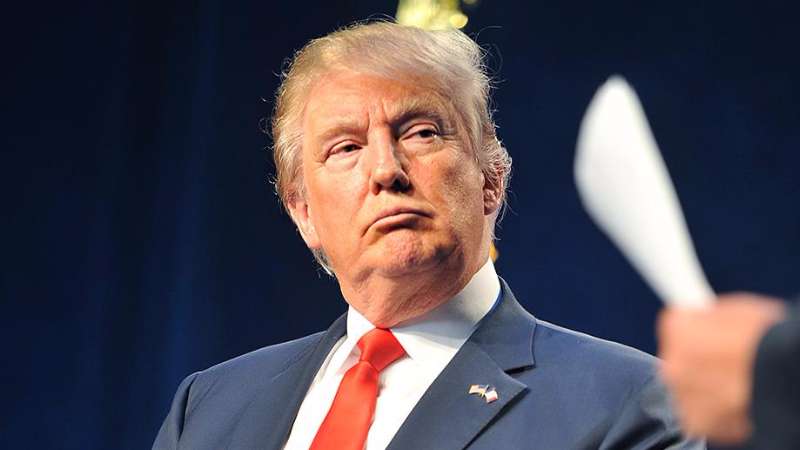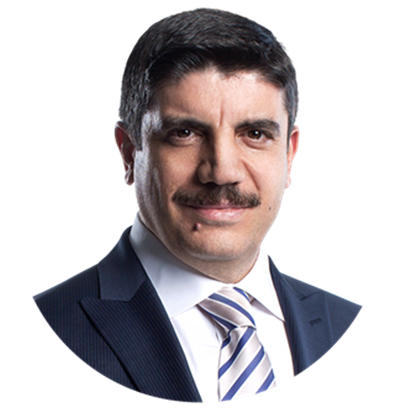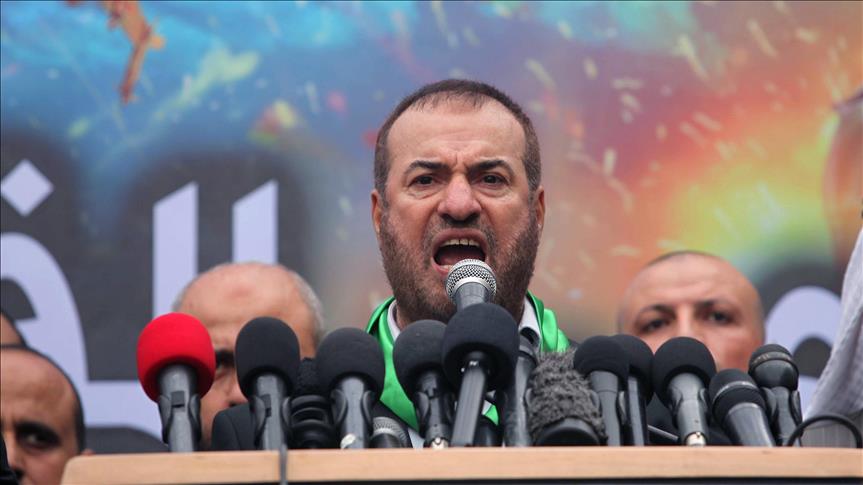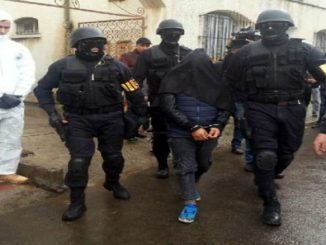
A military adviser to presidential nominee Donald Trump supports creating air and ground safe zones in Syria in the fight against ISIS, he said Monday.
The Obama administration has rejected creating air and ground zones in Syria for two reasons: a declaration of a no-fly zone would be an act of war against Syria, and it would take additional air assets as well as ground troops to patrol the zones around the clock.
But retired Army Lt. Gen. Michael Flynn, who advises Trump, told “The Hugh Hewitt Show” that he backs creating the safe zones.
“If we know that their headquarters exist in a place called Raqqa, Syria, we should eliminate — we should destroy Raqqa, Syria. We should create, you know, safety zones, flight zones, whatever, both ground and air,” he said.
Democratic presidential front-runner Hillary Clinton also supports creating a no-fly zone in Syria.
“I am advocating the no-fly zone both because I think it would help us on the ground to protect Syrians; I’m also advocating it because I think it gives us some leverage in our conversations with Russia,” she said in December.
Trump himself has called for the U.S. to lead the establishment of a safe zone in Syria for refugees.
“Well, you know, I’ve always said we need to have a safe zone,” he told WYFF News 4 in February. “We have to have some kind of a safe zone. And we have to get the Gulf states to pay for it.”
Flynn also criticized Clinton in his remarks.
“She was part of the really lousy decisions that were made over the last nearly eight years. And we need fresh blood. We need fresh thinking, fresh ideas,” he said.
Flynn, who served as the head of the Defense Intelligence Agency from 2012 to 2014, criticized President Obama for not sustaining gains made in Iraq during the troop surge.
“He did not listen to his advisers, both political and military, who said this is wrong, we should not do this. And, in fact, he did it because of his own ideology, his own political leanings, instead of what’s best for this country,” he said.
“So we can beat this enemy, and there are ways to do it,” he added.
There are approximately 5,000 U.S. troops in Iraq and 300 in Syria.



